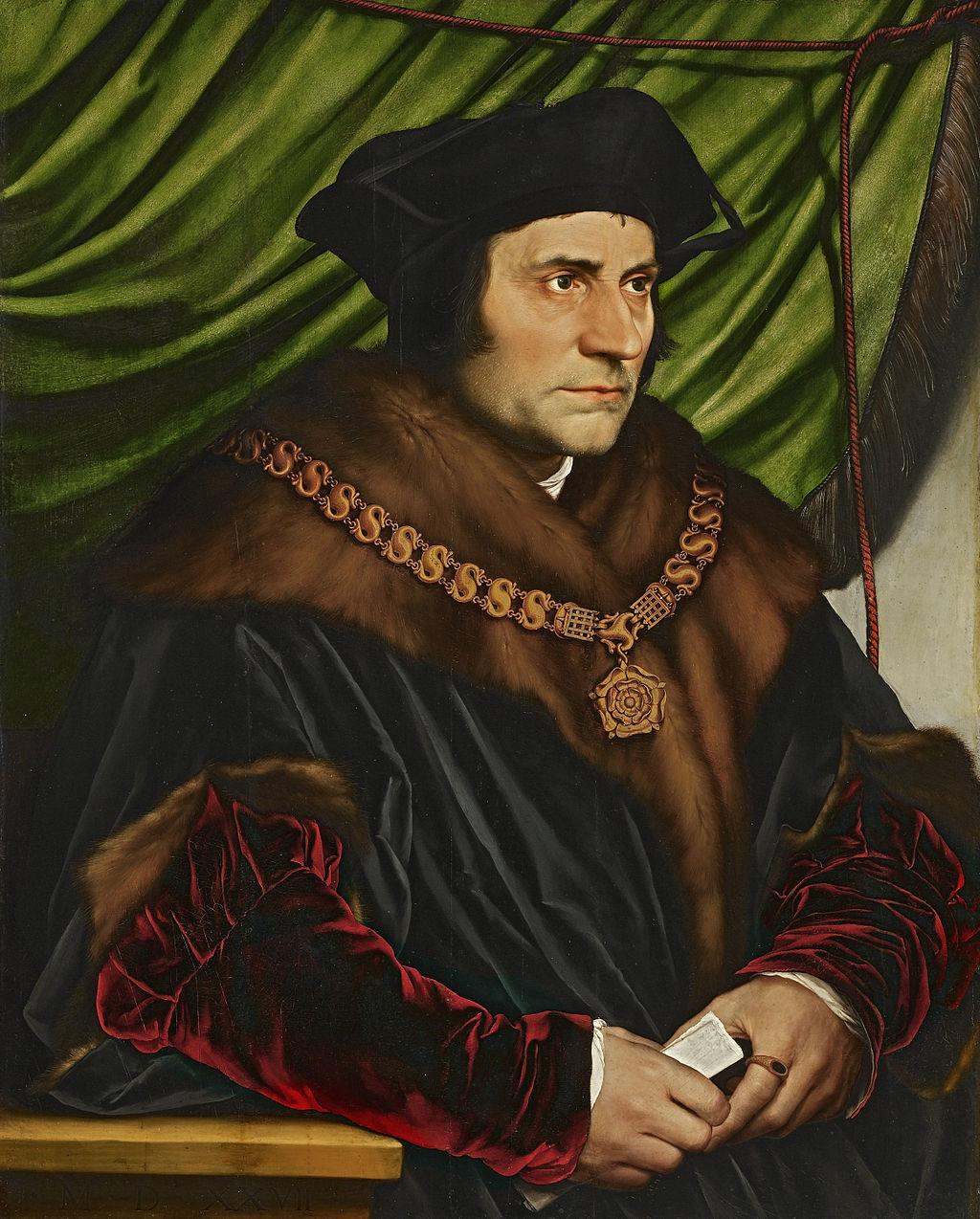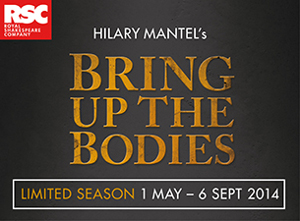
A Shakespeare Performance Resource with Audio
Audio Speech DEMO
AUDIO CAVEAT
Our recordings are for verse-nurse teaching purposes only. We showcase:
What happens when verse is spoken with a strong iambic (ti-TUM) bias
What happens if the line-endings of lines of incomplete sense are vocally marked
What happens if words and phrases are elided, contracted or expanded to fit the metre.
A wealth of scholarship has shown this approach is closer to the Elizabethan style. Accordingly, what you will hear is likely to be either subtlely or substantially different from what you are used to.
We don't claim the Elizabethan style is better (tastes, in any case, have changed) but that doing it this way has greater teaching value because the dominant contemporary style(s) can be compared against it. Even if aspects of the Elizabethan approach are ultimately rejected, familiarity with it leads to a better overall understanding of verse-speaking issues. Actors will feel more empowered.
You can find a detailed explanation with specific examples in our Recording Notes. There are also two short introductory slide shows 'About Speaking Shakespeare' (with audio) in our Slide Show DEMO which clarify the main aspects our approach.
This is Sheriff More's famous 'pro-refugee' speech which Shakespeare contributed to a 1604 revision of Sir Thomas More, a play first composed circa 1600 by Anthony Munday (principally) and Henry Chettle.
Once you start the audio you can follow the text here
SIR THOMAS MORE

Portrait by Hans Holbein the Younger (1497/1498–1543), via Wikimedia Commons
BACKGROUND TO SHAKESPEARE'S CONTRIBUTION
Owing to censorship the play was heavily revised around 1603-4 by Chettle, Thomas Dekker, Thomas Heywood and Shakespeare. In terms of Shakespeare's own canon of work his contribution falls chronologically somewhere around or between Measure for Measure and Othello - plays that, between them, strongly echo the themes of the speech (respectively, civic order and xenophobia).
Around this time Shakespeare lodged in the house of the Huguenot (French Protestant) Christopher Mountjoy and critics have observed this exposure undoubtedly made him more sympathetic to refugees than most. (The notorious 'St. Bartholomew's Day Massacre' - actually a series of massacres - of French Protestants by French Catholics occurred in 1572. Estimates vary but, conservatively, approximately 3,000 Protestants were murdered in Paris and 7,000 in the provinces. Such events contributed to the heavy censorship of plays during Elizabeth's reign.)
(Sources: Sir Thomas More, The Arden Shakespeare, edited by John Jowett; and Wikipedia: 'St. Bartholomew's Day Massacre')
Copyright © 2010-2020 Versebuster, ℗ 2010-2020 Versebuster. All rights reserved.




